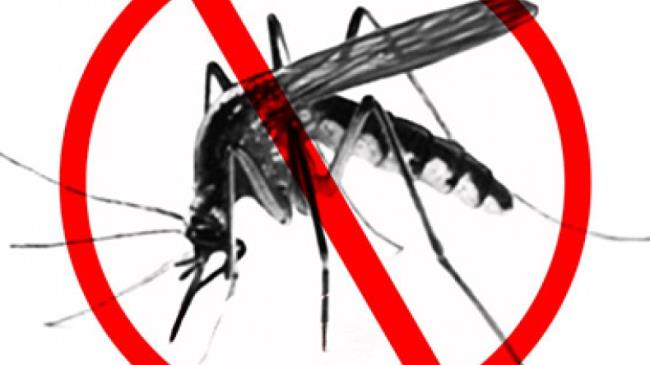The International observance commemorated every year on 25th April is known as World Malaria Day. The day provides a common platform for countries to showcase their successes in malaria control and unify diverse initiatives in the changing global context. Malaria-endemic countries have made incredible gains in the fight against malaria in the last decade, but sustaining them will take extra efforts until the job is finished and malaria eliminated worldwide.
While efforts to prevent, diagnose and treat malaria have gained important momentum over the past years, an annual shortfall in funding threatens to slow down progress, particularly across Africa where high-burdened countries are facing critical funding gaps. Unless the world can find a way to bridge the funding gaps and endemic countries have the resources and technical support they need to implement sound malaria control plans, malaria resurgence will likely take many more lives.
Global health watchdog, the World Health Organization, WHO, joins partner organizations in promoting this year’s World Malaria Day’s theme, “Advance Equity, Build Resilience, End Malaria” This theme underscores the collective energy and commitment of the global malaria community in uniting around the common goal of a world free of malaria.
Urgent action is required to get the global fight against malaria back on track. That is why WHO is calling for greater investment and expanded coverage of proven tools that prevent, diagnose and treat malaria. The global response to malaria is at a crossroad. After an unprecedented period of success in malaria control, progress has stalled. Countries with ongoing transmission are increasingly falling into one or two categories: those moving towards elimination and those with a high burden of the disease that have reported significant increase in malaria cases.
The world must, therefore, reflect on the increase in the interest and commitment to breaking the transmission cycle of malaria and eliminating it once and for all. Centre for Disease Control and Prevention of the Federal Ministry of Health and Anambra State Ministry of Health were at the forefront of the original global public health push for malaria elimination, which resulted in eliminating local malaria transmission in Nigeria and across other states of the Federation.
The fight has reached to a pivotal moment. Global progress in malaria control over the last 15 years is nothing short of remarkable. Let us not lose momentum. Together, we can transform the health, well-being and livelihood of millions of people across the globe.
The continued development of new solutions and strategies, including next-generation drugs, diagnostics, and vaccines, is critical if we are to further accelerate gains and mitigate the threat of drug and insecticide resistance.
Eliminating malaria will make the world a better, safer place for future generations and enable millions of people to reach their full potentials.
The literary meaning of malaria is bad air. It was so named because people used to believe it was caused by the bad-smelling air of swamps. Malaria is medically associated with dirty environments and dirty habits of inhabitants of an area.
Malaria is caused by parasites belonging to the plasmodium group that lives inside the red blood cells. The disease is carried by female mosquito known as the anopheline mosquito. In Africa, it is usually known by the angular position of its body white sitting on walls.
Mosquitoes need water to breed and are always found around smelling puddles, swamps, ponds, gutters and dams. Mosquito bites to a person results in malaria. The disease is sequel to the development of the parasites, which manifest as malaria after eight to fourteen days or longer.
The blood is the place where the parasites live and do most of the damage. Malaria is the most important and malignant parasitic disease of humans with global incidence today of around 216 million cases per year with over 445,000 deaths. The disease is the largest effect on the course of history and settlement in tropical regions.
Whereas there are over a hundred species of malaria parasite (plasmodium), only four types of malaria affect humans. Vivax and Tertian malaria are caused by the parasites PLASMODIUM VIVAX and PLASMODIUM OVALE. These are the common types of malaria.
A third type, quartan malaria, caused by the PLASMODIUM MALARIAE is slightly more severe than the above two.
The fourth, faciparum malaria is caused by PLASMODIUM FACIPARUM. It is the most serious and dangerous type of malaria, which often causes fatal complications of cerebral malaria or black water fever occurrence.
By raising our voices together, we can make the strongest case for how increasing investments in malaria will rapidly drive down malaria cases and deaths in high burden countries, while continuing to sprint towards elimination in low burden countries. And, how working together we can #EndMalaria and achieve A MORE EQUAL WORLD.





Comments are closed for this post.